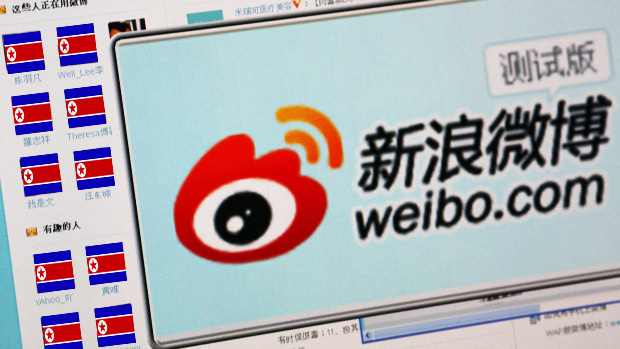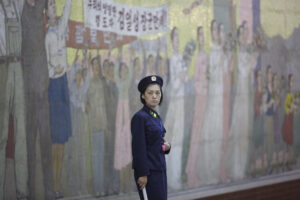Since the 1990s, independent media in China has flourished and is no longer required to follow the formerly strict guidelines set by the Government. State-run media still holds the largest majority of the news market, although the access to varying independent reports on the internet has reduced the sway of the Communist Party's influence on matters of importance. But while state run media tends to maintain the pro-DPRK stance of the Chinese Communist Party, independent media generally holds a more critical view, often revealing the view that North Korea's system is vulnerable and should be questioned. A review of reporting in recent weeks shows some of these inconsistencies.
Caixun, an independent financial-orientated news agency aimed at professional workers, reported on February 1st that the use of the Chinese Yuan was being limited within North Korea. The news agency interpreted this as a move to 'reduce economic dependence [on China]' and concluded this move would lead North Korea to 'eventually fall into political turmoil'. With the DPRK aiming to become a "strong and prosperous nation" by 2012, Caixun's commentary can be seen as a clear swipe at the North Korean economy, suggesting that public reliance on the Yuan for barter is indicative of major weakness in the country's indigenous currency.
Since the 1990s, independent media in China has flourished and is no longer required to follow the formerly strict guidelines set by the Government. State-run media still holds the largest majority of the news market, although the access to varying independent reports on the internet has reduced the sway of the Communist Party's influence on matters of importance. But while state run media tends to maintain the pro-DPRK stance of the Chinese Communist Party, independent media generally holds a more critical view, often revealing the view that North Korea's system is vulnerable and should be questioned. A review of reporting in recent weeks shows some of these inconsistencies.
Caixun, an independent financial-orientated news agency aimed at professional workers, reported on February 1st that the use of the Chinese Yuan was being limited within North Korea. The news agency interpreted this as a move to 'reduce economic dependence [on China]' and concluded this move would lead North Korea to 'eventually fall into political turmoil'. With the DPRK aiming to become a "strong and prosperous nation" by 2012, Caixun's commentary can be seen as a clear swipe at the North Korean economy, suggesting that public reliance on the Yuan for barter is indicative of major weakness in the country's indigenous currency.
Try unlimited access
Only $1 for four weeks
-
Unlimited access to all of NK News: reporting, investigations, analysis
-
Year-one discount if you continue past $1 trial period
-
The NK News Daily Update, an email newsletter to keep you in the loop
-
Searchable archive of all content, photo galleries, special columns
-
Contact NK News reporters with tips or requests for reporting
Get unlimited access to all NK News content, including original reporting, investigations, and analyses by our team of DPRK experts.
Subscribe
now
All major cards accepted. No commitments – you can cancel any time.










